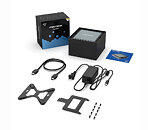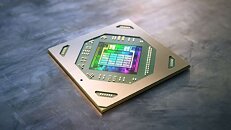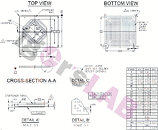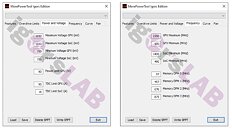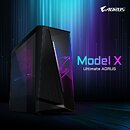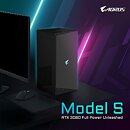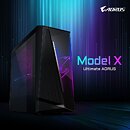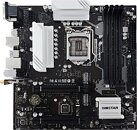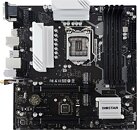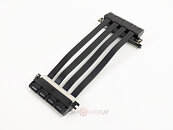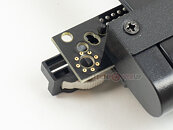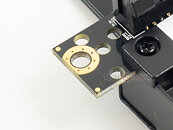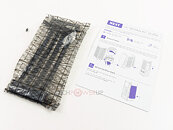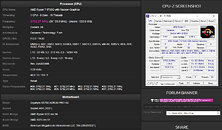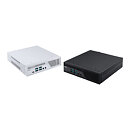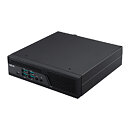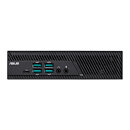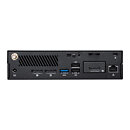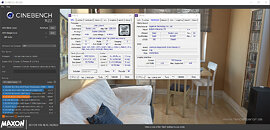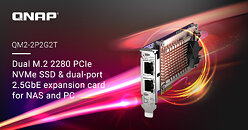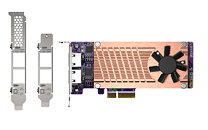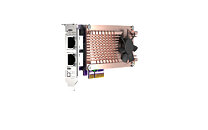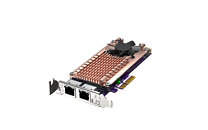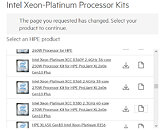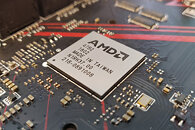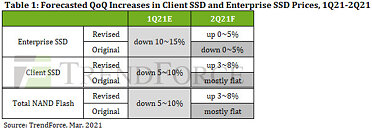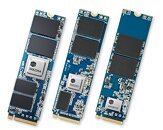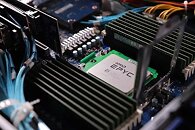
QNAP Launches 6 Port Unmanaged Switch QSW-2104 Series, Featuring 10GbE and 2.5GbE
QNAP Systems, Inc., a leading computing, and storage solutions innovator, today released the easy-to-use unmanaged switch QSW-2104 series, including the QSW-2104-2S (with 2-port 10 GbE SFP+ and 4-port 2.5 GbE RJ45) and the QSW-2104-2T (with 2-port 10 GbE RJ45 and 4-port 2.5 GbE RJ45). Featuring plug-and-play set up, near-silent fanless design, IEEE 802.3az compliance, and automatic loop detection and blocking, the QSW-2104 series provides the ideal choice for creating affordable high-speed network environments in homes and workplaces.
"Featuring 10 GbE and 2.5 GbE connectivity in one device, the QSW-2104 series can connect various bandwidth-demanding devices and helps users create a hybrid high-speed network in homes and workplaces. This is especially useful for accelerating file transfer, virtual machine applications, video streaming/sharing, and everyday tasks," said Frank Liao, Product Manager of QNAP, adding "for users looking to fully upgrade their network infrastructure, QNAP offers a range of 2.5 GbE/10 GbE-ready QNAP NAS and PCIe/USB adapters for desktops, servers, and laptops to take advantage of the game-changing bandwidth provided by next-generation networks."
"Featuring 10 GbE and 2.5 GbE connectivity in one device, the QSW-2104 series can connect various bandwidth-demanding devices and helps users create a hybrid high-speed network in homes and workplaces. This is especially useful for accelerating file transfer, virtual machine applications, video streaming/sharing, and everyday tasks," said Frank Liao, Product Manager of QNAP, adding "for users looking to fully upgrade their network infrastructure, QNAP offers a range of 2.5 GbE/10 GbE-ready QNAP NAS and PCIe/USB adapters for desktops, servers, and laptops to take advantage of the game-changing bandwidth provided by next-generation networks."










